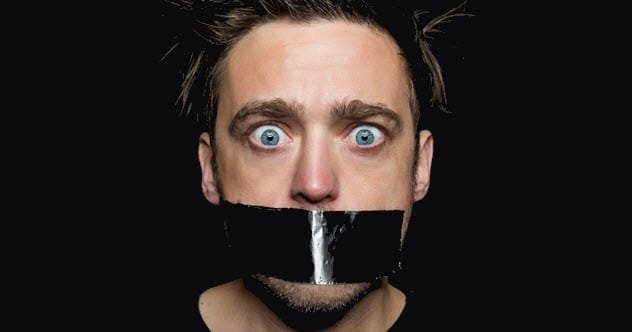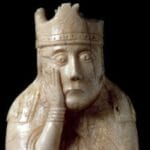“I disapprove of what you say, but I will defend to the death your right to say it.” Evelyn Beatrice Hall’s famous words are increasingly challenged in the age of social media. Digital platforms often remove accounts that don’t align with mainstream opinions. Users must navigate a world where content can be deleted for challenging the status quo.
From silenced nationalists to censored LGBTQ+ content, social media sites often crack down on anything that might offend advertisers. Here are ten examples of how social media is stifling freedom of speech.
YouTube Removes Firearms Videos
Gun ownership is a very debated topic. YouTube removing many firearms videos was bound to cause controversy.
In 2018, YouTube banned content that “Intends to sell firearms or certain firearms accessories through direct sales…or links to sites that sell these items.” This policy led to the removal of videos teaching viewers how to make guns or modify firearms into automatic weapons.
YouTube hosts thousands of firearms-related channels. The censorship decision caused backlash from gun owners. Spike’s Tactical, a weapons manufacturer, criticized YouTube for suspending their account without warning. A spokesperson stated it was an attack on their freedoms.
InRangeTV, another firearms brand, expressed outrage and moved their banned videos to PornHub.
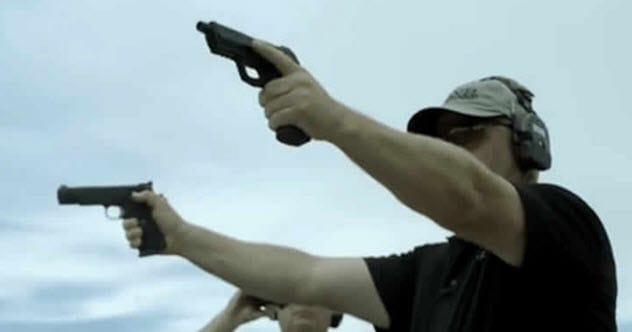
Snapchat Blocks Al Jazeera In Saudi Arabia
Snapchat isn’t the first platform that comes to mind when you think of political censorship. It’s generally considered less restrictive than other social media sites.
However, in 2017, Snapchat banned Al Jazeera in Saudi Arabia after the Saudi government requested the news network’s Discover channel be removed. Saudi Arabia has a poor human rights record. Snapchat complied by removing Al Jazeera’s feed.
Snapchat is very popular in Saudi Arabia, with millions of users. The company stated they aim “to comply with local laws in the countries where we operate.” It’s unclear how Al Jazeera violated Saudi law.
Mostefa Souag, acting Director-General for Al Jazeera Media Network, criticized Snapchat’s decision. He said it sends a message that regimes can silence any voice by pressuring social media platforms, calling it an attack on journalists’ rights.
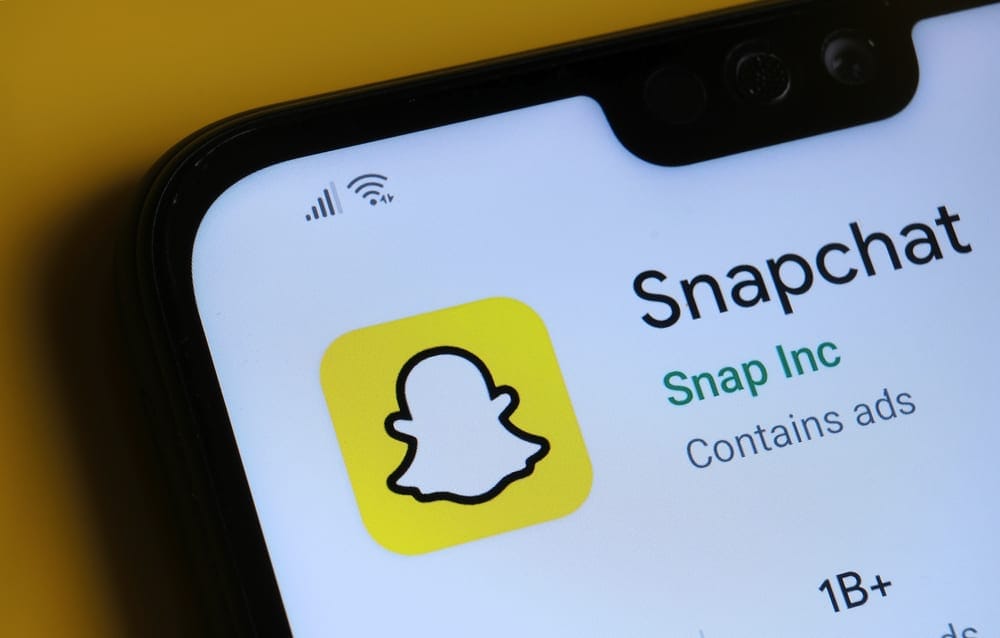
YouTube Deletes UK Drill Videos
Hip-hop artists are no strangers to controversy, but the UK government censoring UK drill artists is alarming. UK drill is a rap subgenre that originated in Chicago and was embraced by the British underground. The music features rappers telling stories about life for the UK underclass.
The genre has been criticized for its violent lyrics. In 2019, YouTube deleted 129 music videos at the request of the Metropolitan Police. One group, 1011, was banned from uploading music. UK drill duo Skengdo and AM received suspended prison sentences for performing a song at a concert.
Liberty, a human rights organization, called the move a troubling trend restricting free expression. Dimzy, a prominent musician, accused the British police and media of scapegoating the genre.
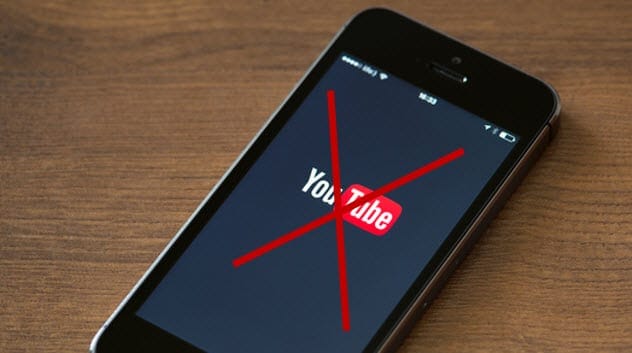
Google Suspends Free Speech App
Parler promotes itself as a free speech social network with no censorship. Launched in 2018, it has attracted supporters of the U.S. Republican Party and individuals blacklisted by Twitter.
Google accused the app of ignoring posts inciting violence, and Apple threatened to remove it from the App Store, claiming it was used to plan the 2021 attacks on the U.S. Capitol. Parler CEO John Matze denied these claims.
Matze refused to comply with Google’s moderation requirements, stating, “We won’t cave to politically motivated companies and those authoritarians who hate free speech!”
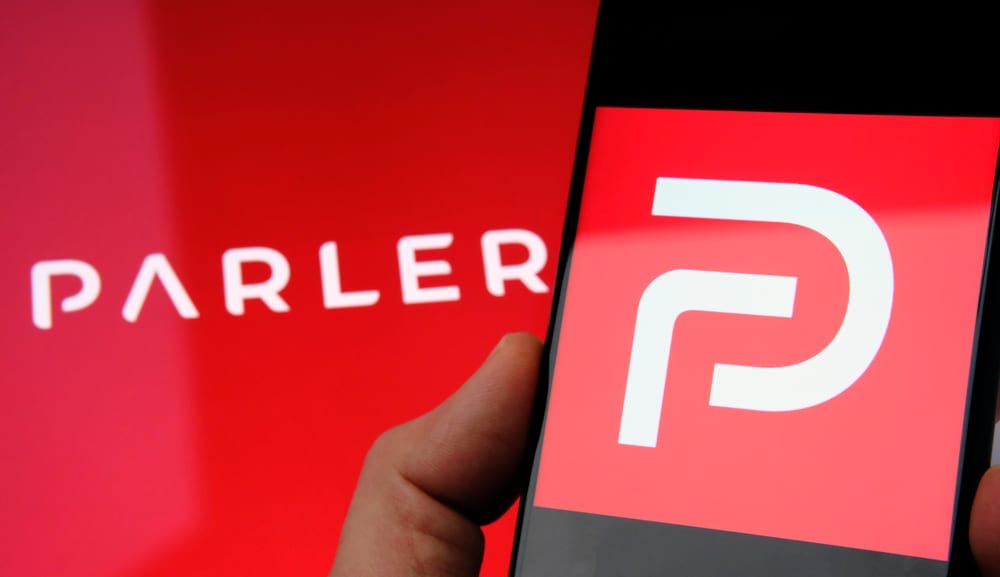
Facebook And YouTube Accused Of Supporting Repression In Vietnam
Amnesty International accused Facebook and YouTube of aiding state censorship in Vietnam. Facebook agreed to remove thousands of posts at the request of Vietnamese authorities, making 834 restrictions in the first half of 2020 alone. Much of the censored content related to the Dong Tam land dispute.
In 2020, Amnesty International reported that Vietnam detained 170 prisoners of conscience, with 69 imprisoned for online content.
Amnesty International’s Ming Yu Hah stated, “Facebook is by far the most popular and profitable platform in Vietnam… Today these platforms have become hunting grounds for censors… The platforms themselves are not merely letting it happen – they’re increasingly complicit.”
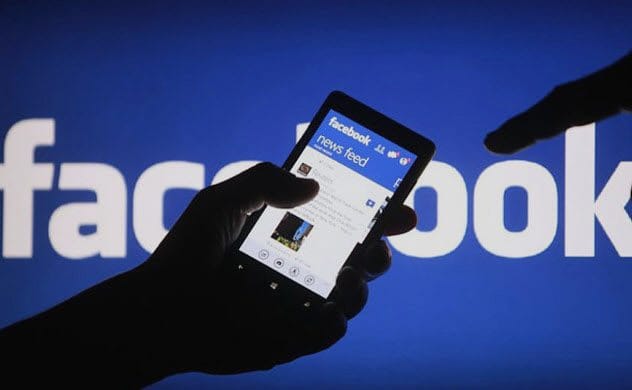
TikTok Censors Gay Content
In 2019, TikTok was accused of prejudice against gay users and criticized for censoring videos. Moderators often ban topics sensitive to the Chinese government, such as clips about Tiananmen Square, Falun Gong, and Tibet.
TikTok also censored gay content in certain countries. Videos of same-sex couples engaging in “intimate activities” were banned. Clips of homosexuals kissing or holding hands were removed in some regions, along with reports of homosexual groups, pride parades, and pro-gay slogans.
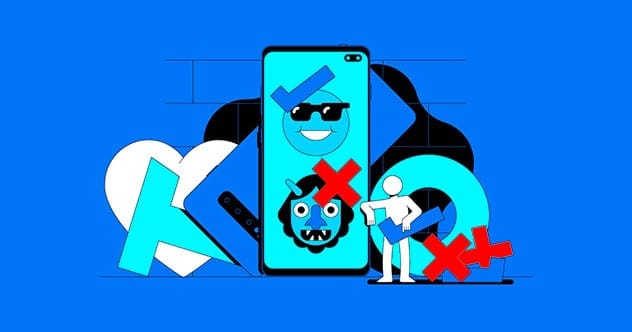
Twitter Deletes Venezuelan Accounts
Venezuela is known for its unstable political situation. In 2019, Twitter deleted almost 2,000 accounts belonging to supporters of the Venezuelan government. The site removed accounts for allegedly “influencing domestic audiences.”
Journalists condemned Twitter’s actions. Abby Martin, host of Empire Files, blamed the site for censoring pro-government accounts. President Nicolás Maduro called it an expression of fascism. Earlier, Twitter had suspended accounts of Venezuelan officials and was accused of spreading false information about the country.
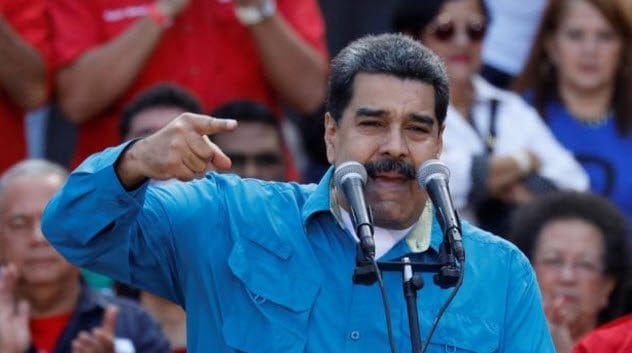
Polish Nationalists Fight Back Against Censorship
Poland is fighting back against social media censorship. In January 2021, PM Mateusz Morawiecki announced plans to crack down on “authoritarian” suppression. The Polish justice ministry aims to make it illegal for social media sites to remove content unless it violates Polish law. Morawiecki urged the European Union to follow suit.
Morawiecki, an anti-communist during the 1980s, stated that Poland lived in a censored country. He called the internet the most democratic medium in history.
However, some argue that Morawiecki’s free speech advocacy is hypocritical, noting that Poland has harsh defamation laws and potential prison sentences for “offending religious feelings” or insulting the president.
Twitter Blocks Former President Trump’s Account Permanently
In February 2021, Twitter permanently banned Donald Trump from the platform. CFO Ned Segal confirmed the ban was for life, even if Trump ran for and won the presidency again.
Twitter made the decision after the storming of the U.S. Capitol building, stating the ban was “due to the risk of further incitement of violence.”
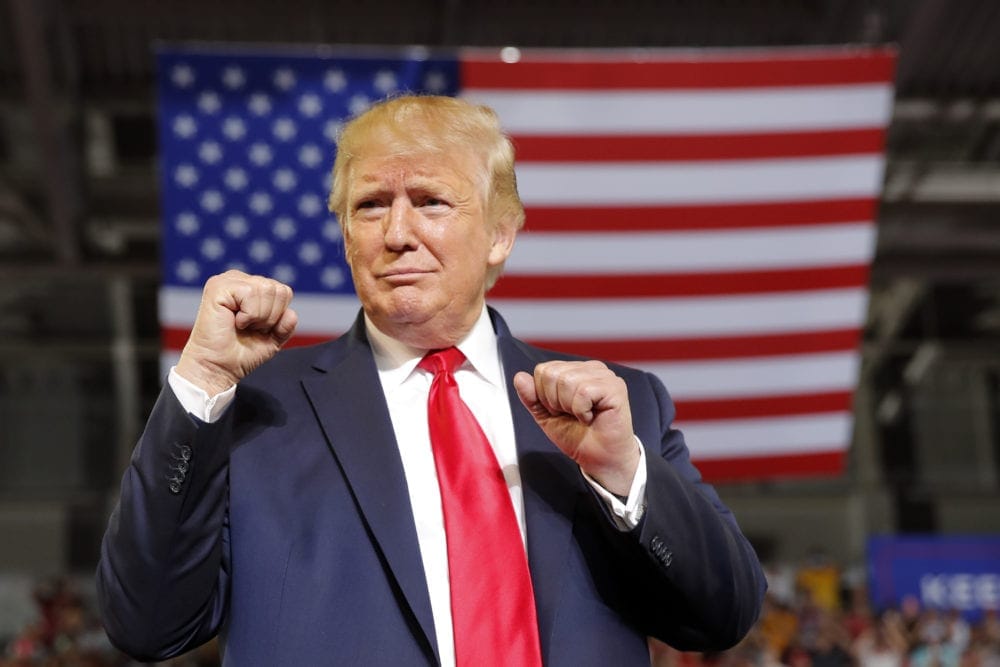
Twitter Deletes Posts Reporting On India’s Attacks On Kashmir
Kashmir has faced decades of attacks and now faces censorship on Twitter, along with increased repression from the Indian government. Twitter has removed hundreds of thousands of tweets, many written by journalists criticizing Prime Minister Narendra Modi’s regime.
Kashmiris often use social media to voice dissatisfaction with the government. Since 2017, almost a million tweets have been removed. Amnesty International’s Akar Patel called it a deprivation of freedom of expression. One journalist’s account was blocked for tweeting about human rights violations and was only restored after deleting those messages.
In August 2019, officials revoked Article 370 from the Indian constitution, stripping Kashmir of its autonomous status and bringing it under full Indian control.
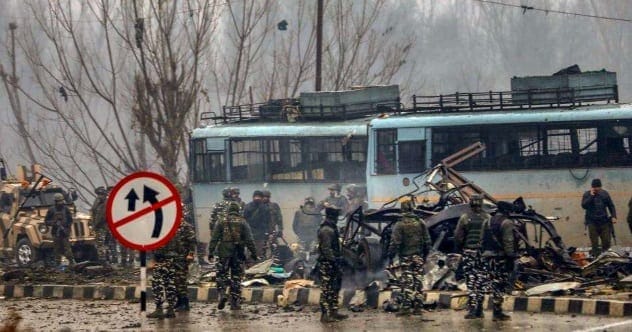
Social media platforms significantly impact free speech. While platforms claim to protect users, these examples show censorship. Whether it’s political views, artistic expression, or human rights reporting, the power to silence voices should be carefully considered.
What do you think about social media and freedom of speech? Leave your comment below!


